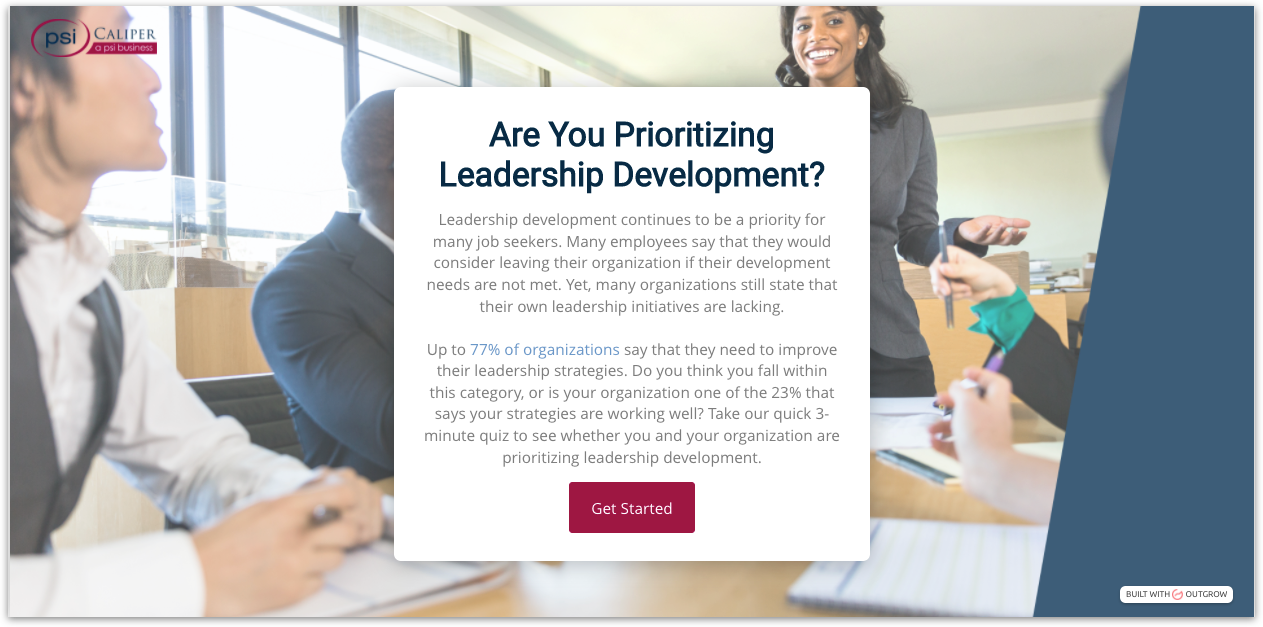Will he or won’t he?
Uncertainty gives sports their intrigue, and few sporting outcomes are more intriguing than the possibility of a Triple Crown winner, precisely because a Triple Crown win is so rare. Unless you live in a cave with no access to TV or Internet, you probably know that thoroughbred racehorse American Pharoah has already won the Kentucky Derby and the Preakness Stakes and will be running for the Triple Crown this Saturday at Belmont Park on Long Island.
Thirty-seven years have passed since a racehorse last accomplished the feat. Despite all the science dedicated to horse breeding and training in the intervening decades, finishing first in all three races is still as close to impossible as anything in sports. So when a single horse wins the Kentucky Derby and the Preakness, people sit up and pay attention. It has nothing to do with gambling, either. It’s the pure spirit of competition.
Okay; it’s also the gambling. Risking probable loss for an improbable shot at the big win does not seem to deter people. Rather, the opportunity excites. Like we said above, uncertain outcomes breed intrigue.
You have to take risks to run a successful company as well. But you certainly wouldn’t want to treat your business like a day at the track, would you? “Taking risks” is something good businesspeople do. “Gambling” with your company and your employees’ livelihoods doesn’t carry such a positive connotation.
Successful companies, like successful athletes, plan and build for that success. Just as horse trainers select thoroughbreds with the highest potential for success and then implement structured and disciplined training programs, business leaders must find and develop the employees who, as a team, can take their organization to the next level.
Also as in horseracing, a lot of science has been applied to hiring and developing top performers. From pre-employment assessments to onboarding programs, business leaders have an array of modern tools to help them succeed. A key component to success nowadays is Competency Modeling, a process that takes the traits and behaviors identified by a valid pre-employment assessment and applies them to specific performance criteria in various roles within a company.
Competencies can be defined as combinations of behaviors that should be present for an applicant or employee to be effective in a given role. For example, some Sales positions may call for competencies related to persuasion and negotiating acumen, while others might require a sharper focus on listening and problem solving, depending on factors such as length of sales cycle, type of product, and company culture.
Caliper, which has done the science around these competencies (check out our Competency Library), can help you build Competency Models for key roles in your organization. With such a tool, you can hire thoroughbreds now and well into the future. Because in business, unlike in horseracing, there is no finish line.

